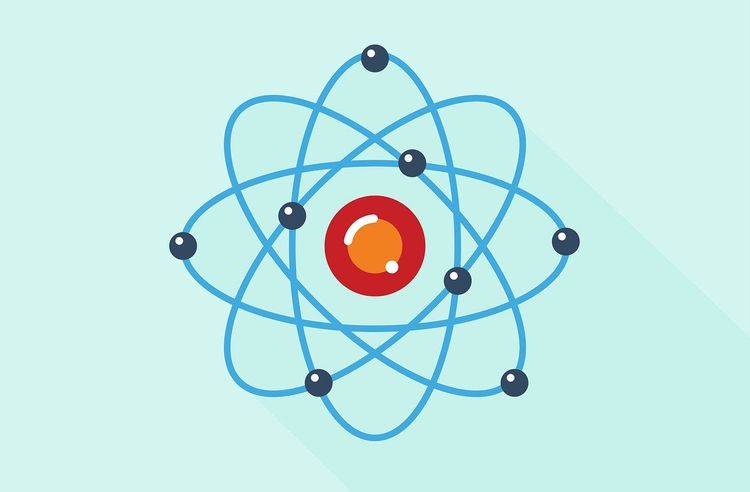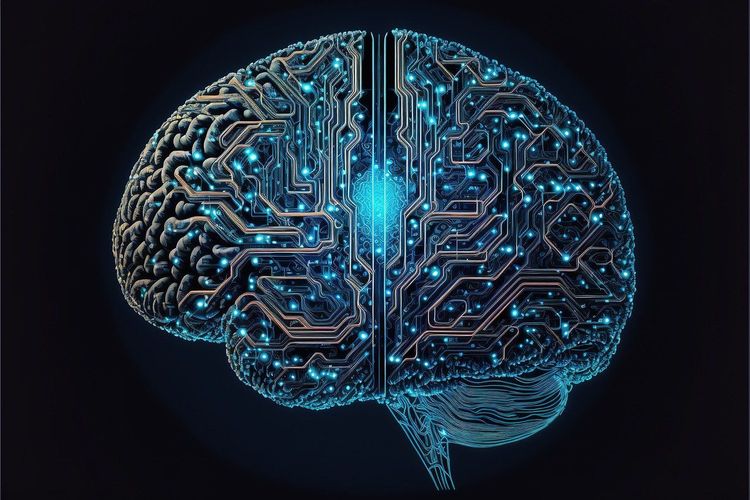Google's ASPIRE System: Empowering AI to Embrace 'I Don't Know' for Enhanced Transparency
Most people like

Enhance your YouTube channel's growth through tailored editing strategies designed to boost engagement and attract more viewers.

Introducing a powerful AI tool that transforms your text into stunning images and captivating videos. Unlock your creativity and bring your ideas to life effortlessly through advanced algorithms designed to interpret and visualize your written content. Ideal for content creators, marketers, and artists alike, this innovative solution lets you generate high-quality visual media in just moments, enhancing engagement and storytelling. Discover how easy it is to convert words into your next visual masterpiece!

In an increasingly digital world, students are faced with unique challenges in their academic journey. Our AI-powered homework assistance platform is designed to provide timely and effective support, helping learners tackle difficult subjects and improve their understanding. By harnessing advanced algorithms and intelligent resources, we empower students to achieve academic success with confidence. Whether you're struggling with math, science, or literature, our platform offers personalized guidance tailored to your needs, ensuring that you never study alone. Embrace the future of education with our cutting-edge solution!
Find AI tools in YBX




